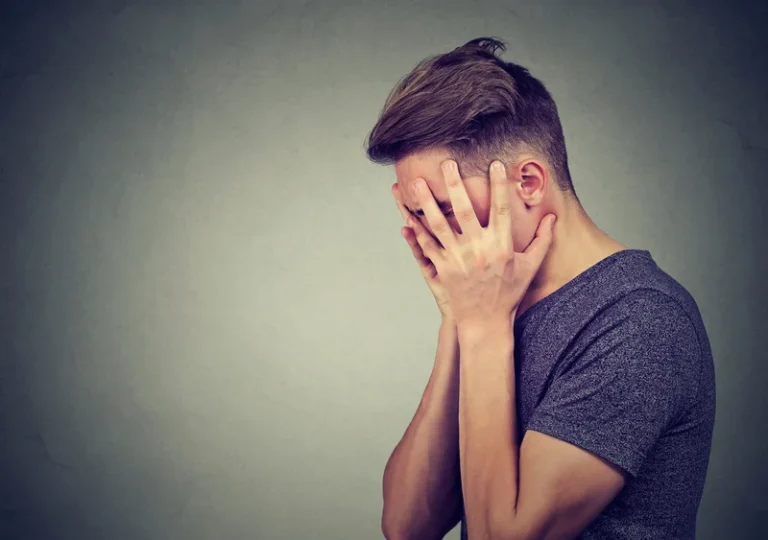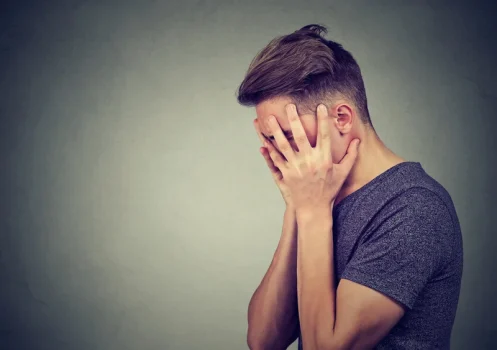Alcohol & Migraines: Can Drinking Cause a Migraine Headache?

2020 research shows that females are more likely to experience hangovers, memory problems, and liver disease from consuming alcohol. In addition to hydrating in between drinks, you can also make better alcohol choices that will reduce the chance that you’ll get a hangover. Excessive alcohol use can harm people who drink and those around them. You and your community can take steps to improve everyone’s health and quality of life. Excessive alcohol use is a term used to describe four ways that people drink alcohol that can negatively impact health. Discover why tea headaches happen and the herbs to blame for your pesky migraines, according to a doctor and an herbalist.
- A 5-ounce glass of wine (or 12 ounces of beer or a 1.5-fluid-ounce shot) may be OK every now and then, so long as it doesn’t bring on a headache.
- Some studies found that red wine is a main trigger in migraine with aura and cluster type migraine, but they also note that all alcohol could have the same effect.
- But if you’re prone to migraine headaches, you’ll need to be careful about how much you drink.
- The interplay between sodium intake and the autonomic nervous system highlights the complexity of vascular responses to dietary salt and their potential implications for headache sufferers.
- It’s important to note that alcohol use disorder is a serious illness that can have life-threatening consequences.
Other effects of drinking alcohol
- “The most common alcohol that triggers a migraine attack is red wine, followed by white wine, champagne and beer,” she says.
- Understanding these distinctions is crucial for tailoring dietary recommendations and management strategies.
- The Alcohol Use Disorders Identification Test is used by medical professionals to diagnose signs of AUD.
- There is still a lot of debate on how much fluid is needed daily for optimal health.
- Once in the brain it causes a chemical release that leads to pleasurable feelings, and it lessens inhibitions by depressing certain frontal lobe functions.
- You can expect to hear about more research, debate, and controversy in the near future regarding the potential risks and benefits of drinking, and how much — if any — is ideal.
Nineteen studies used questionnaire methods to assess drinking 36, 44–59, 61, 62. In two cases, questionnaires were supplemented by medical interviews 53, 61. The rest of the studies were based on information obtained during a medical interview 26, 27, 44.

Common tea ingredients that may worsen headaches

Our long-standing history in the field underscores our commitment to providing compassionate and effective treatment options that cater to the unique needs of each individual. Is your loved one showing symptoms like headaches due to alcohol? A wine headache is not uncommon, but the reasons for it are unclear. Tannins are thought to trigger migraines even in people who take preventive treatments. People who does drinking cause headaches cannot stop drinking should talk with a doctor about treatment for alcohol use disorder, which is a serious but treatable condition.

Relationship between alcohol and primary headaches: a systematic review and meta-analysis
This might also lead to headaches, although not all studies agree on this point. We know that alcohol is inflammatory and that people who drink often get headaches, but the direct relationship between these two is still being debated and researched. In other words, instead of expanding the blood vessels, higher and higher levels of alcohol constrict blood vessels, causing high blood pressure. It’s one of the reasons why excessive alcohol usage can lead to heart issues. Drinking too much water can lead to migraines, cramping, fatigue and electrolyte imbalances, among other symptoms. Just like food triggers, alcohol headache triggers are individual, varying from person to person.
Headache From Drinking Water
- Understanding these genetic influences can help tailor dietary recommendations and lifestyle interventions for those who are more susceptible to sodium-induced headaches.
- Surely, it’s from my morning coffee or maybe I just need a snack, I thought.
- Many people have experienced a headache after drinking alcohol — especially after drinking too much.
Remember, the best way to completely avoid alcohol-related headaches is by moderating or abstaining from alcohol consumption. Prioritise your health and make responsible choices when it comes to drinking. If you consistently experience severe headaches after drinking, consulting a healthcare professional for personalised advice and guidance is a good idea.
Associated Data
“There is no magical hangover cure drink. But B complex with C and electrolytes in the drink can help prevent hangovers.” The balance of sodium within the body is crucial for maintaining the resting membrane potential of neurons. This potential is the electrical charge difference across the neuronal membrane when the neuron is what is alcoholism not actively transmitting a signal. A proper sodium balance ensures that neurons remain in a state of readiness to fire action potentials when needed. Disruptions in sodium levels can lead to neurological disturbances, highlighting the importance of maintaining appropriate sodium intake. The World Health Organization (WHO) recommends a daily sodium intake of less than 2,000 milligrams to support overall health, including neurological function.
Alcohol as a Migraine Trigger
This variability underscores the importance of personalized dietary approaches in managing migraines. The relationship between dietary salt and vascular function is further complicated by the presence of endothelial cells, which line the interior surface of blood vessels. These cells play a crucial role in maintaining vascular homeostasis by releasing substances that regulate vessel dilation and constriction. This impairment may contribute to headaches by affecting cerebral blood flow, as changes in vascular resistance can alter the delivery of oxygen and nutrients to the brain. Dr. Crystal said she finds that many of her patients have a sensitivity to alcohol. Others find that it is more likely to trigger migraine attacks during vulnerable periods—hormonal changes, stress, and weather changes, for example.